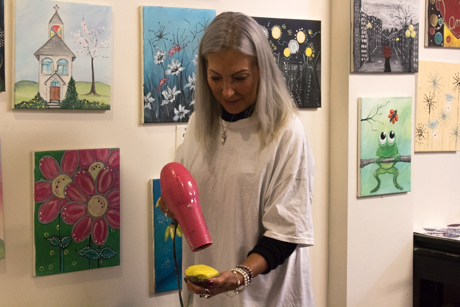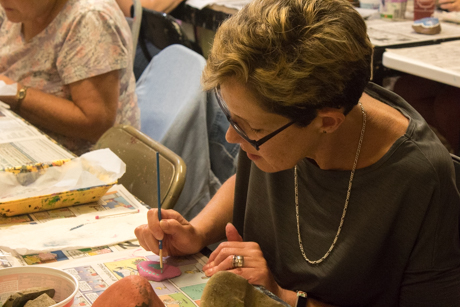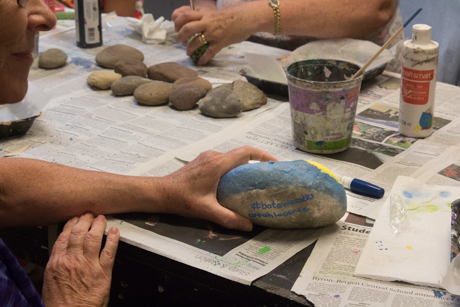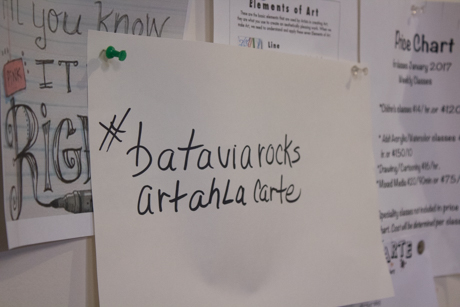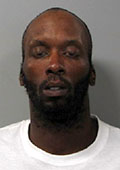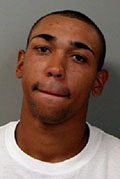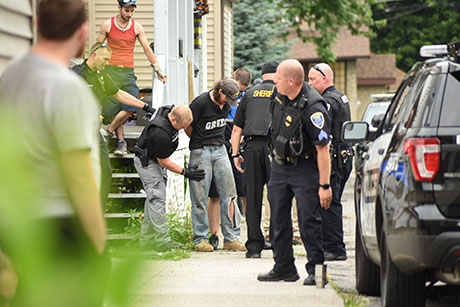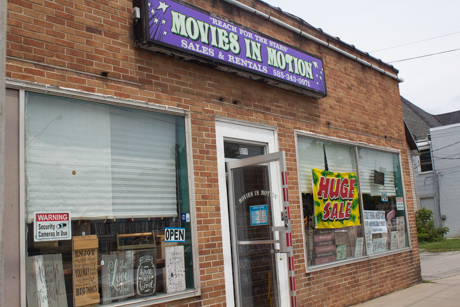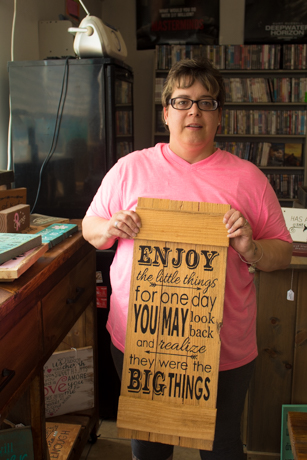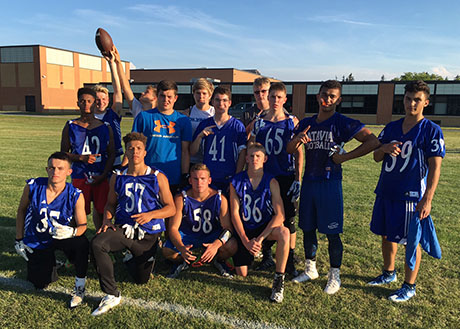Sometimes good people do bad things, Judge Micheal Mohun told Bill Thomas before sentencing him to three years in state prison for menacing a police officer.
With the nearly 14 months already served in county jail, and time off for good time, Thomas should be back home with his family in a little over a year.
Family is a big part of the Thomas story, something Mohun noted during his sentencing remarks.
"You're a lucky fella," Mohun said. "Every time you've come to court, your family has been here. Your family has been very supportive. I see you are one of 10 kids, the second youngest. Your mother died in May while you were in jail. I'm sure that was very hard on you. It gives me great encouragement that your family is with you and has backed you throughout your court appearances and your trial and now they're here with you today. That is a real testament to the Thomas family.
Then he added, "you're also lucky to be alive."
On the morning of March 16, 2016, Officer Pete Flanigan responded to a home on State Street to investigate a report of a disturbance. Bill's brother Rand answered the door and Flanigan saw Thomas, he testified at trial, with a knife in his hand. He said Thomas came at him with the knife and he thought he would have to shoot Thomas, but Rand, in trying to flee the residence, got in between the officer and his brother.
At a trial last month, Thomas was convicted of criminal possession of a weapon and menacing a police officer.
The mandatory minimum sentence for menacing a police officer is two years in prison, with a maximum of eight.
Mohun also sentenced Thomas to one to three years on the weapons conviction, to run concurrently to the menacing charge. Thomas will also have a year and a half parole to serve when he's released.
Thomas has a prior criminal record, but nothing in the past 20 years and never had a prior arrest for any kind of violence.
He had been living with his mother, caring for her, prior to his arrest.
While Thomas, 57, was represented at the jury trial by the Public Defender's Office, retained counsel Maurice Verillo appeared for the defendant today. He argued for a minimum amount of time in prison and asked that his client's time in prison be at a facility close to Batavia so his family could easily visit him.
Mohun said he has no control over where the Department of Corrections sends Thomas, but he did attach the request to his file, so it is with him when he is processed, and all of the letters of support from friends and family the court received.
District Attorney Lawrence Friedman, who usually has something to say when asked what his sentencing recommendations are by a judge, made no statement in court today.
About a dozen members of his family were in court. After Mohun adjourned the case, they all stood. Deputies allowed Thomas to turn and say goodbye to his family. Family members told him they supported him and loved him.





